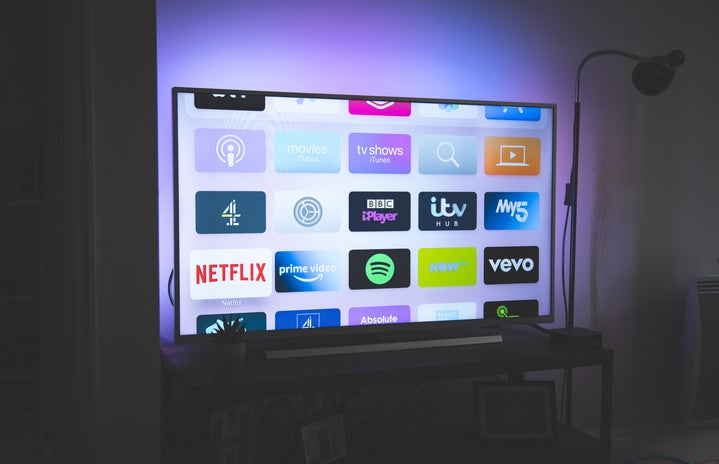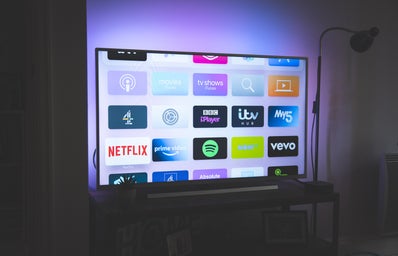The fat friend is someone that takes up just enough screen time to make the piece of media they’re in seem inclusive, only to disappear into the background as soon as the writers have decided that they spoke enough about body-positivity. They can be self-conscious, funny, or inspirational, but are ultimately just a tool for the protagonist to use in their own journey of self-acceptance despite oftentimes being the picture of American beauty standards. Or, if we’re lucky enough to have a fat main character, weight loss or negative body image is the sole motivation pushing their story forward. Plus-sized characters often serve as the butt of quick and cheap jokes, like in most media from the 90’s and early 2000’s. Some will claim these depictions as innocent caricatures made to be entertaining and not realistic, while others will notice these overused tropes but excuse themselves from any actual conversation concerning what they witnessed. We’ll keep the conversation between us, then. Let’s talk about it.
As a fat person, this complex suggests that you can be like Shrill’s Annie: a plus-sized woman with dismal self confidence who is given the bare minimum by her partner, her family, and her job. You’ll be expected to be quiet and non-confrontational, to keep your head down and shrink yourself emotionally because you’re afraid of being spotted. Because you’re afraid someone will notice you are fat. This trope is common, and you can probably name five other shows or movies that contain a character like Annie.
Maybe you’re more of a Monica, though. The famous Friends character was almost always the butt of the joke throughout the series due to her weight in her younger years. Despite physically shedding the pounds, it is obvious she carries the baggage of the emotional torment this caused her. It’s okay though, because it made her funny, right? She can take a joke, then dish it out just as well, and it makes her stomachable. While it isn’t as common, the funny fat friend can easily be found in media, such as Parks and Rec, Pitch Perfect, and Gilmore Girls.
Finally, you could be like Brittney, from Brittney Runs a Marathon. Unlike those other fat people, you’re actually willing to do the work necessary to lose weight. For this, you are inspiring, and maybe even a little relatable. While this, for once, isn’t actually the point of the movie, it can easily be twisted by those who do not understand the process of weight loss. To them, Brittney is an inspiration, and her use of exercise as an unhealthy coping mechanism is largely ignored.
So there you have it. These tropes were the easiest to pick out of the mass media, but that does not mean a multitude of others do not exist. Bringing awareness to their repercussions and impacts upon plus-sized people, however, is the first step to ceasing them all together. You are not a trope, but a multi-dimensional human being with the power to inform if you so choose.


